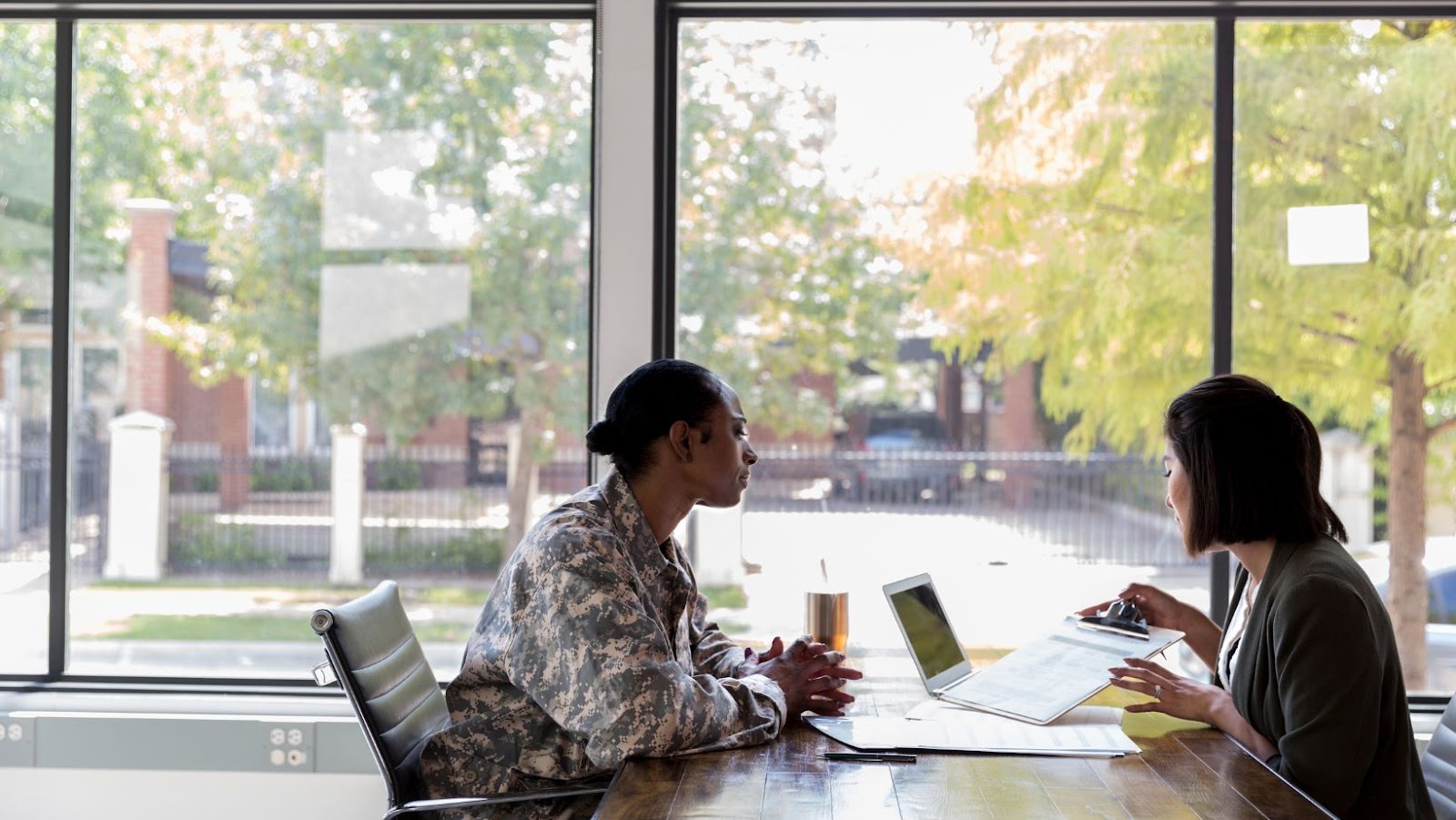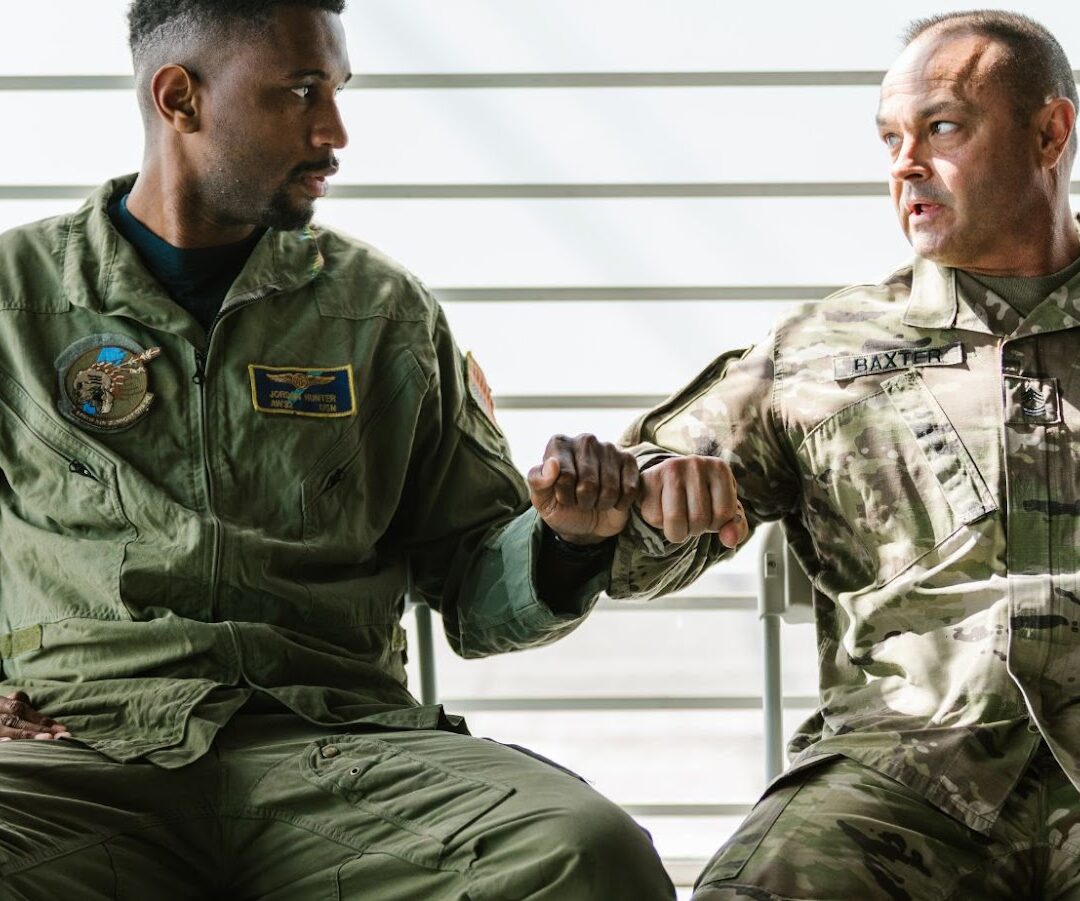The life of a veteran is often full of sacrifice, bravery, and service to one’s country. However, the challenges and struggles that come with military service can take a toll on a veteran’s physical and mental health.
As veterans transition back to civilian life, they may face a unique set of challenges that can impact their mental health and overall well-being. Conditions such as PTSD, depression, anxiety, and physical injuries are just a few issues veterans may face. By prioritizing self-care, veterans can take steps to manage these challenges and build resilience in the face of adversity.
In this article, we’ll explore five self-care tips that can help veterans take control of their health and well-being.
Seek Professional Help
As mentioned above, veterans may deal with various health conditions due to the nature of their work. They visit multiple environments and may be exposed to toxic materials such as asbestos—a naturally occurring mineral manufacturers use in military vehicles, ships, and buildings. Asbestos exposure can lead to severe health conditions, making it challenging for veterans to lead healthy lives. Thus, if you’re a veteran, it’s crucial to seek professional help to manage your physical health conditions or mental health issues such as PTSD or depression.
Many veterans are hesitant to seek help due to stigma or the belief that they should tough it out. However, the reality is that seeking help is a sign of strength and can lead to drastic improvements in overall well-being. The Mesothelioma Veterans Center is an excellent resource for veterans dealing with health issues related to asbestos exposure. Such centers may offer a wide range of resources and support, including free VA, claims assistance, clinical trial matching, and help in finding treatment options. These organizations also provide emotional support to veterans and their families.
Engage in Physical Activity
Regular exercise can have a positive impact on both physical and mental health. Exercise can help reduce stress, improve sleep, boost energy levels, and even alleviate symptoms of depression and anxiety. Finding an activity you enjoy is vital to making exercise a sustainable and enjoyable part of your routine. Many different types of physical activity can be beneficial for veterans. Some popular options include running, hiking, swimming, weightlifting, and team sports. When selecting an activity, think about what you enjoy and what will fit into your lifestyle. If unsure where to start, consider trying a few different activities to see what you like most.

Finding a workout partner or joining a fitness class can also be a helpful way to stay motivated and accountable. Similarly, fitness classes are a great way to try out new activities and meet like-minded individuals. Many gyms and fitness studios offer classes specifically for veterans or people with disabilities, which can provide additional support and resources. Remember, engaging in physical activity doesn’t have to be complicated or time-consuming. Even doing small amounts of activity, such as walking around the block or stretching for a few minutes, can significantly benefit you.
Consume a Healthy Diet
Eating a balanced diet is also vital for self-care because it provides the energy you need to stay active while improving your mood and cognitive function. A balanced diet with plenty of fruits, vegetables, and lean protein can help you maintain good physical health. When planning your meals, aim to eat a variety of nutrient-rich foods. Fruits and vegetables are excellent sources of vitamins and minerals.
At the same time, lean proteins like chicken, fish, and tofu can offer essential amino acids for muscle growth and repair. Likewise, whole grains such as brown rice and healthy fats found in nuts, seeds, and avocados are equally nutritious. If you’re unsure where to start regarding healthy eating, consider speaking with a registered dietitian. A dietitian can provide personalized recommendations based on your specific needs and goals and can help you develop a sustainable and enjoyable eating plan.
Volunteer
Volunteering is a meaningful way to practice self-care for veterans. Helping others can be a powerful way to boost your well-being because it can provide a sense of purpose, build social connections, and boost self-esteem. You can give back to your community in multiple ways. Consider volunteering for a local charity, community, or non-profit organization that aligns with your values and interests. For instance, if you love animals, you may consider volunteering at a local animal shelter or wildlife conservation organization.
Moreover, volunteering can also be an excellent way to build social connections and reduce feelings of isolation. You can develop a sense of belonging and purpose by working alongside others who share your interests and values. Meaningful social interaction can be crucial, especially for veterans who may struggle with transitioning back to civilian life.
Practice Mindfulness
Lastly, practicing mindfulness is a helpful way for veterans to manage stress, anxiety, and other mental health concerns. Mindfulness is intentionally focusing on the present moment without judgment or distraction. By staying focused on the present moment, veterans can reduce their stress levels, improve their mental clarity, and develop a greater sense of inner peace.

One effective way to practice mindfulness is through meditation. Meditation involves sitting or lying comfortably and focusing on your breath or a specific sensation. By practicing meditation regularly, veterans can improve their ability to deal with stress while enhancing their overall mental well-being.
Yoga is another proven way to practice mindfulness because it combines physical movement with breath control and meditation. Practicing yoga can help veterans connect with their bodies, reduce stress, and improve overall physical and mental health. Many apps and online resources offer guided meditations and yoga practices specifically designed for veterans. These resources can be a helpful way to help you with mindfulness practices while staying motivated and accountable.
Conclusion
Prioritizing self-care is essential for veterans to maintain good physical and mental health. By seeking professional help, engaging in physical activity, eating a healthy diet, volunteering, and practicing mindfulness, veterans can improve their overall well-being and build a strong foundation for their post-military lives.



